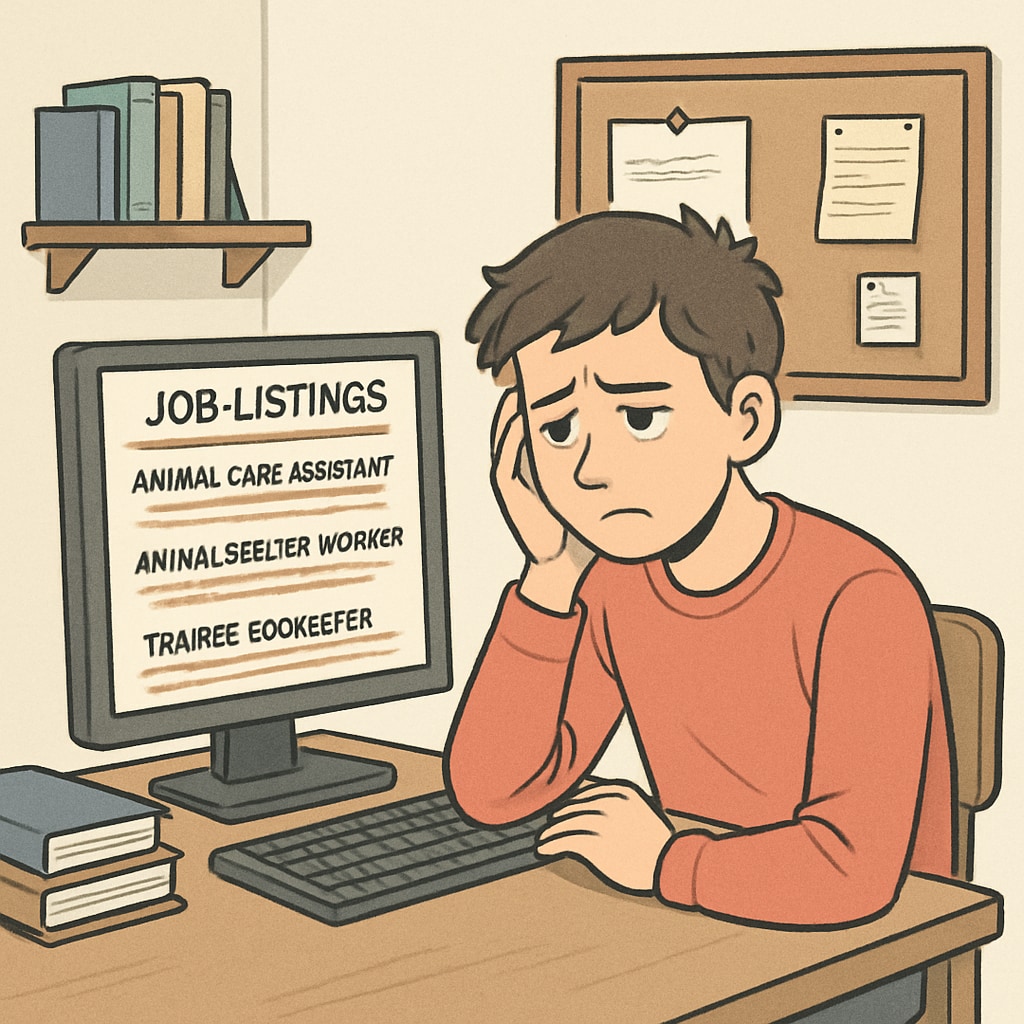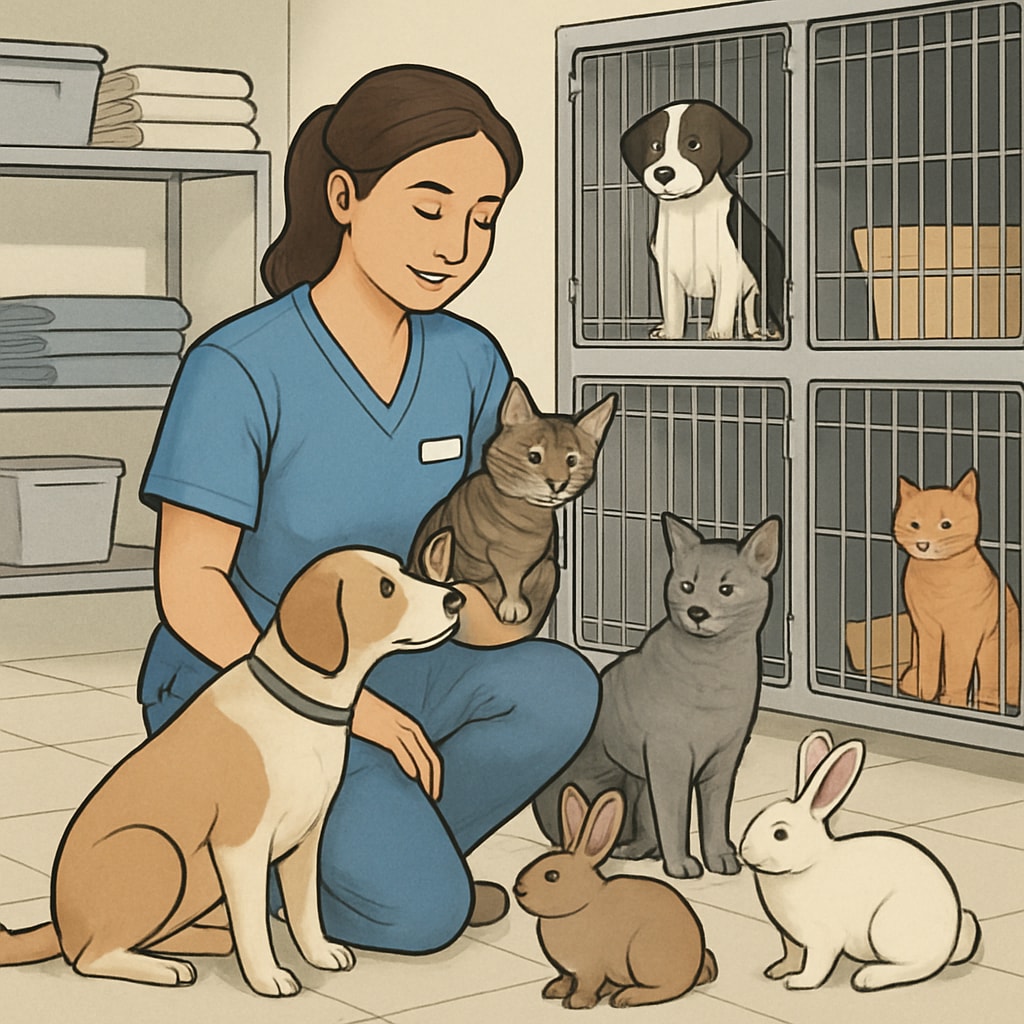The absence of GCSE qualifications often creates significant barriers for young individuals in the UK, especially those with aspirations in specialized fields like animal care. This educational gap not only limits employment opportunities but also restricts access to further education. For instance, a 19-year-old aspiring to work with animals might find themselves stuck in a system that values standardized qualifications over practical skills and passion. This article delves into the “education困境” faced by such youth, examines the flaws in the current system, and explores alternative solutions to unlock career potential.
Understanding the Impact of Missing GCSE Qualifications
General Certificate of Secondary Education (GCSE) qualifications are often seen as a critical benchmark in the UK education system. They serve as a gateway to further education, specialized training, and many career paths. Without them, young people face numerous obstacles:
- Limited job opportunities: Many employers require a minimum of GCSE-level qualifications in core subjects like English and Math.
- Restricted access to higher education: Colleges and universities often have GCSE prerequisites for enrollment.
- Self-esteem and societal perception: The lack of these qualifications can lead to feelings of inadequacy and societal judgment.
For those passionate about working with animals, such as in veterinary clinics, zoos, or wildlife conservation, these limitations can feel particularly unfair. Practical skills, empathy, and dedication—qualities essential for animal work—are often overlooked in favor of academic achievements.

Real-Life Stories: The Struggles Behind the System
Consider the story of Sarah, a 19-year-old who dreamed of a career in animal care. Despite her passion and experience volunteering at local shelters, her lack of GCSE qualifications in core subjects prevented her from enrolling in a relevant vocational course. Her story is not unique—thousands of young people in the UK face similar hurdles. This raises important questions about the fairness and inclusivity of the current education system.
Furthermore, the reliance on standardized testing does not account for diverse learning styles or the challenges some students face, such as learning disabilities or difficult personal circumstances. As a result, many talented individuals are left behind, unable to reach their full potential.

Solutions: Rethinking Education and Career Pathways
To address these challenges, the UK must adopt a more flexible and inclusive approach to education and career development. Several potential solutions include:
- Recognizing practical experience: Employers and educational institutions should place greater value on hands-on experience and vocational training.
- Offering alternative qualifications: Programs like Functional Skills or Access to Higher Education diplomas can provide pathways for those without traditional GCSEs.
- Providing targeted support: Initiatives like tutoring, mentorship, and financial aid can help young people overcome barriers to education.
- Promoting lifelong learning: Encouraging adults to return to education or training ensures that opportunities are not limited by age or past academic performance.
By embracing these changes, society can better support individuals like Sarah, enabling them to achieve their dreams and contribute meaningfully to their chosen fields.
Final Thoughts
The lack of GCSE qualifications should not define a person’s potential or limit their opportunities. Especially in fields like animal care, where passion and practical skills are paramount, the education system must evolve to recognize and nurture diverse talents. With the right support and alternative pathways, young people can overcome these barriers and thrive in their careers.
As a society, we must ask ourselves: Are we willing to let rigid academic standards stand in the way of potential? Or can we embrace a more inclusive and flexible approach to education that empowers everyone to succeed?
For further reading on the UK education system, visit the Education in the United Kingdom on Wikipedia or explore Education on Britannica.


